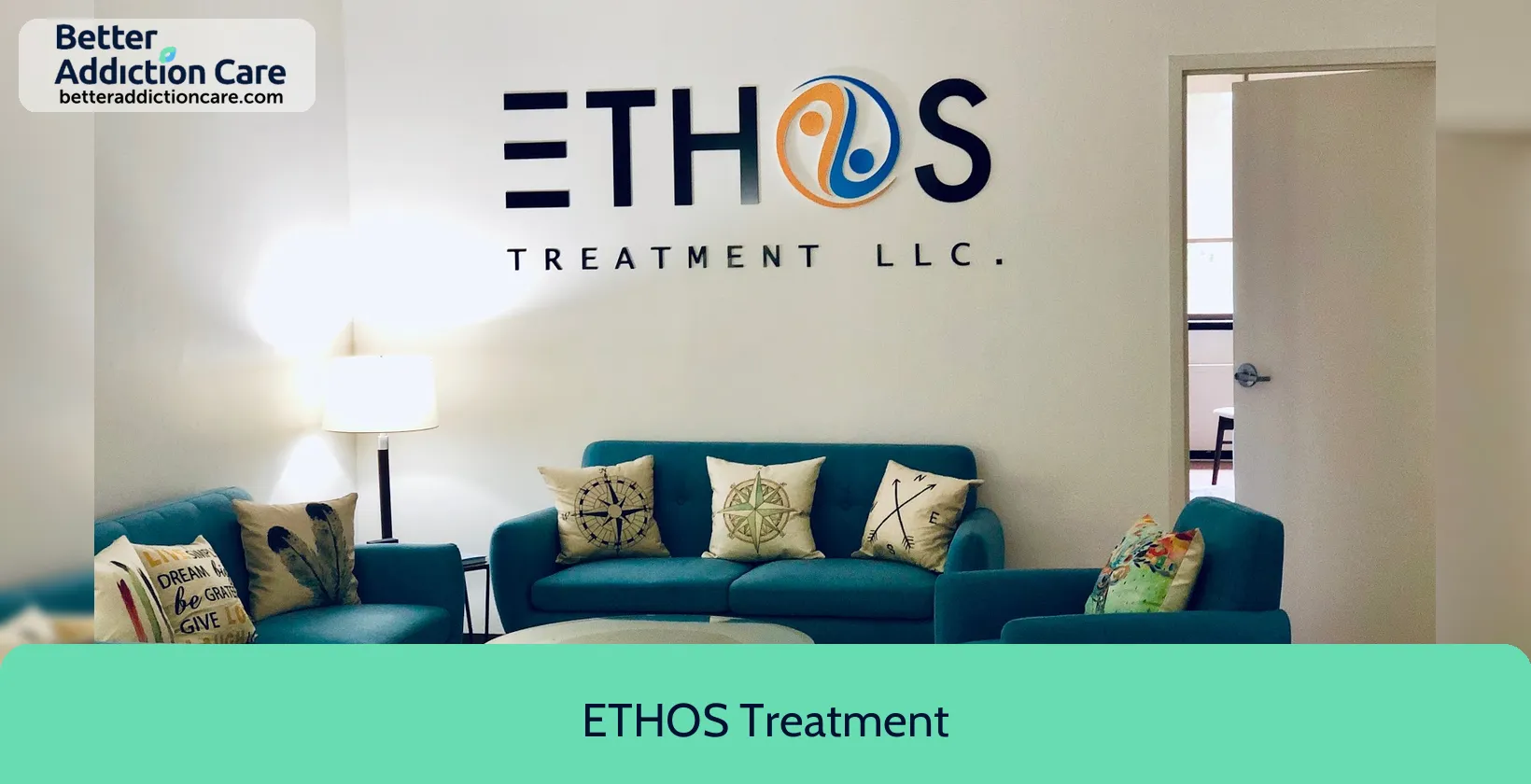Gaudenzia - Kindred House
Overview
Gaudenzia - Kindred House is an accredited substance abuse treatment center that provides inpatient detoxification, for men and women from 18+ years of age. As part of their special programs, Gaudenzia - Kindred House treats clients with hiv or aids, pregnant/postpartum women, and clients who have experienced trauma. To help patients achieve sobriety, Gaudenzia - Kindred House provides intake assessments. Afterward, patients receive 12-step facilitation, trauma-related counseling, and family counseling during treatment. Gaudenzia - Kindred House is located in West Chester, Pennsylvania, providing treatment for people in Chester County, accepting medicaid, private health insurance, and cash or self-payment.
Gaudenzia - Kindred House at a Glance
Payment Options
- Medicaid
- Private health insurance
- Cash or self-payment
- Sliding fee scale (fee is based on income and other factors)
- State-financed health insurance plan other than Medicaid
Assessments
- Comprehensive mental health assessment
- Comprehensive substance use assessment
Age Groups
- Adults
- Young adults
Operation
- Treatment duration
- Private for-profit organization
Highlights About Gaudenzia - Kindred House
6.90/10
With an overall rating of 6.90/10, this facility has following balanced range of services. Alcohol Rehabilitation: 8.00/10, Drug Rehab and Detox: 6.62/10, Insurance and Payments: 6.00/10, Treatment Options: 6.97/10.-
Alcohol Rehabilitation 8.00
-
Treatment Options 6.97
-
Drug Rehab and Detox 6.62
-
Insurance and Payments 6.00
Accreditations
Commission on Accreditation of Rehabilitation Facilities (CARF):

Established in 1966, the non-profit organization known as the Commission on Accreditation of Rehabilitation Facilities (CARF) has a dedicated focus on accrediting rehabilitation organizations. CARF's primary mission is to assist service providers, particularly rehabilitation facilities, in upholding and promoting the highest standards of care.
Treatment At Gaudenzia - Kindred House
Treatment Conditions
- 24-Hour Clinical Care
- Mental health treatment
- Alcoholism
- Opioid Addiction
- Substance use treatment
Care Levels
- Hospital inpatient/24-hour hospital inpatient
- Detoxification
- Aftercare
- Halfway house
- Hospital inpatient treatment
Treatment Modalities
- 12-step facilitation
- Trauma-related counseling
- Family counseling
- Individual psychotherapy
- Group counseling
Ancillary Services
Special Programs
- Clients with HIV or AIDS
- Pregnant/postpartum women
- Clients who have experienced trauma
Get Help Now
Common Questions About Gaudenzia - Kindred House
Contact Information
Other Facilities in West Chester

6.89
DISCLAIMER: The facility name, logo and brand are the property and registered trademarks of ETHOS Treatment, and are being used for identification and informational purposes only. Use of these names, logos and brands shall not imply endorsement. BetterAddictionCare.com is not affiliated with or sponsored by ETHOS Treatment.

